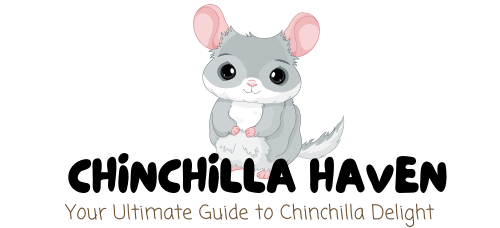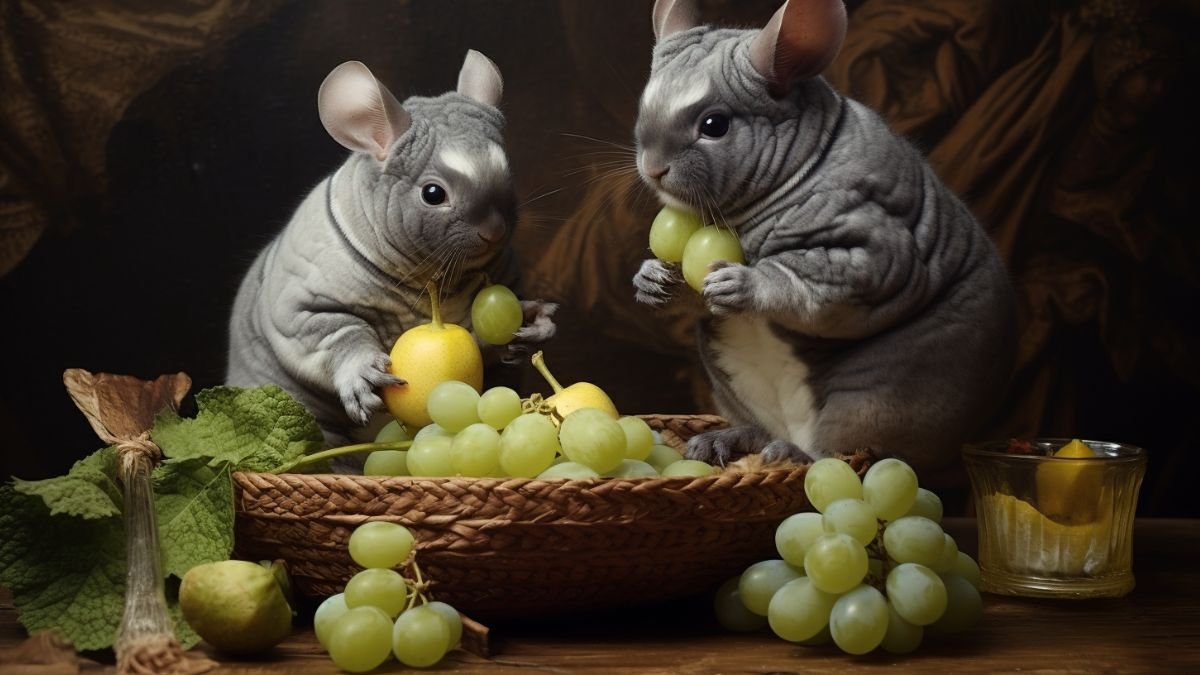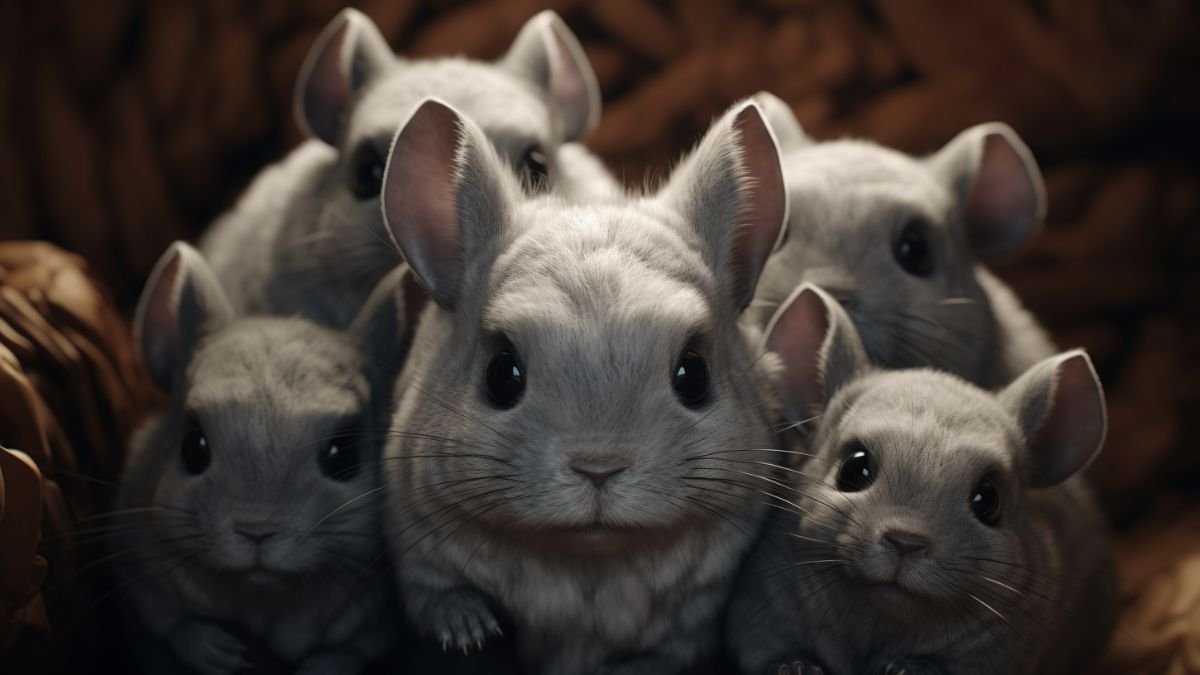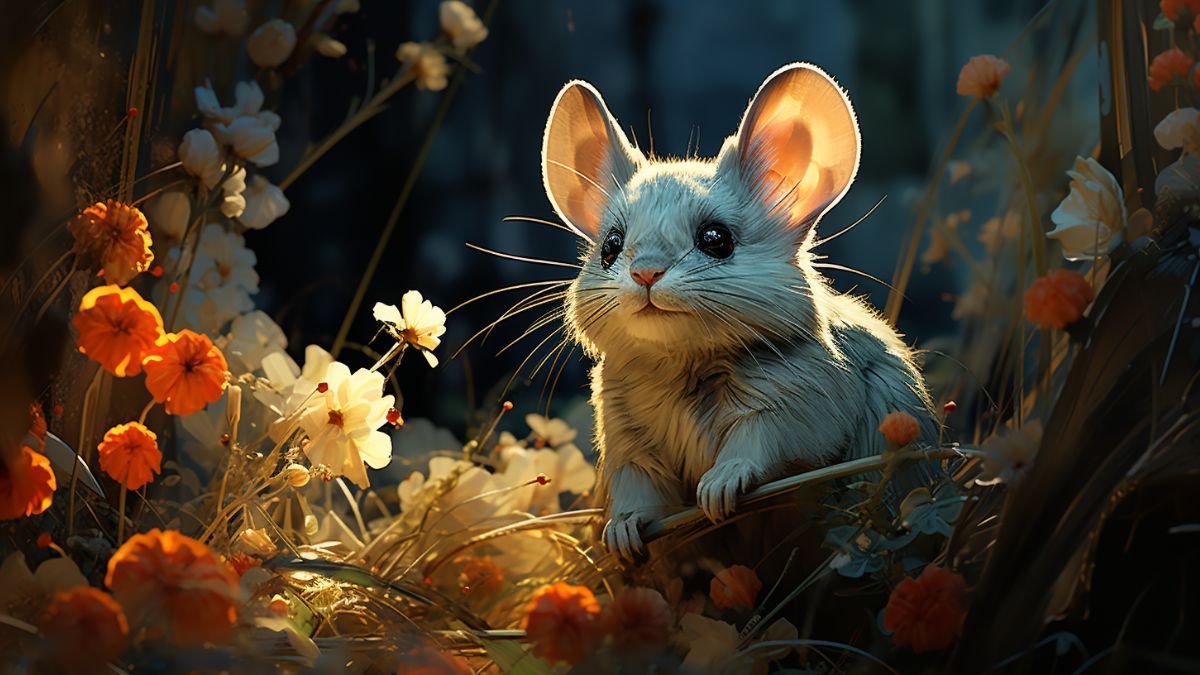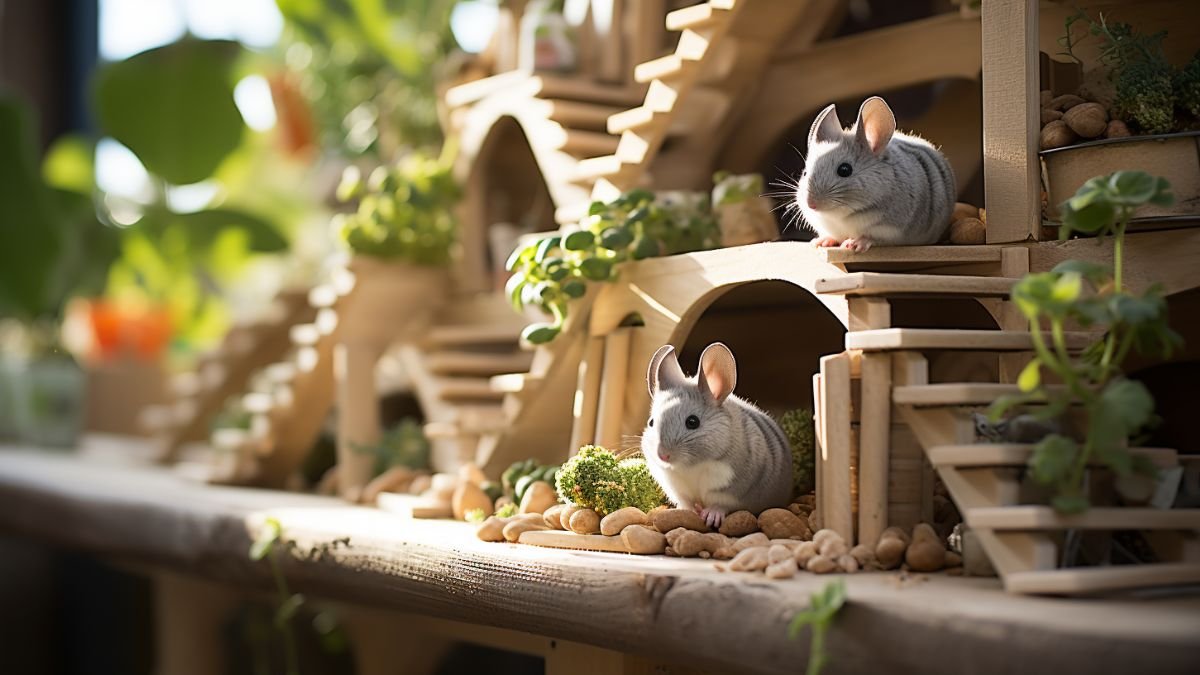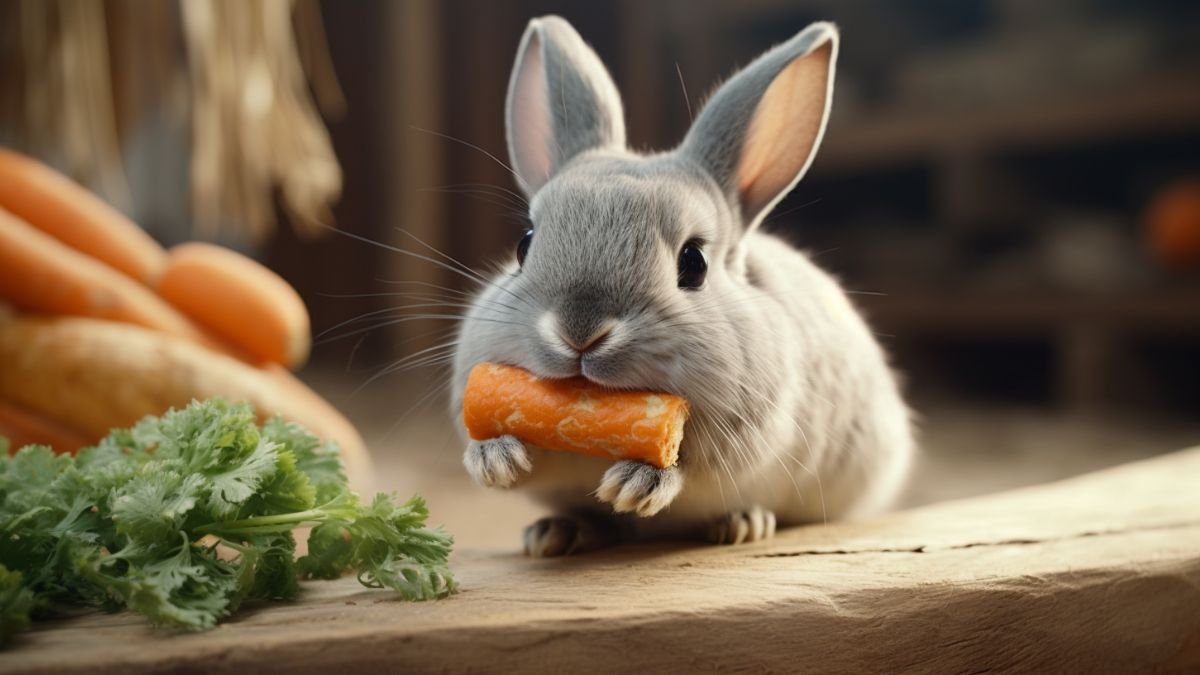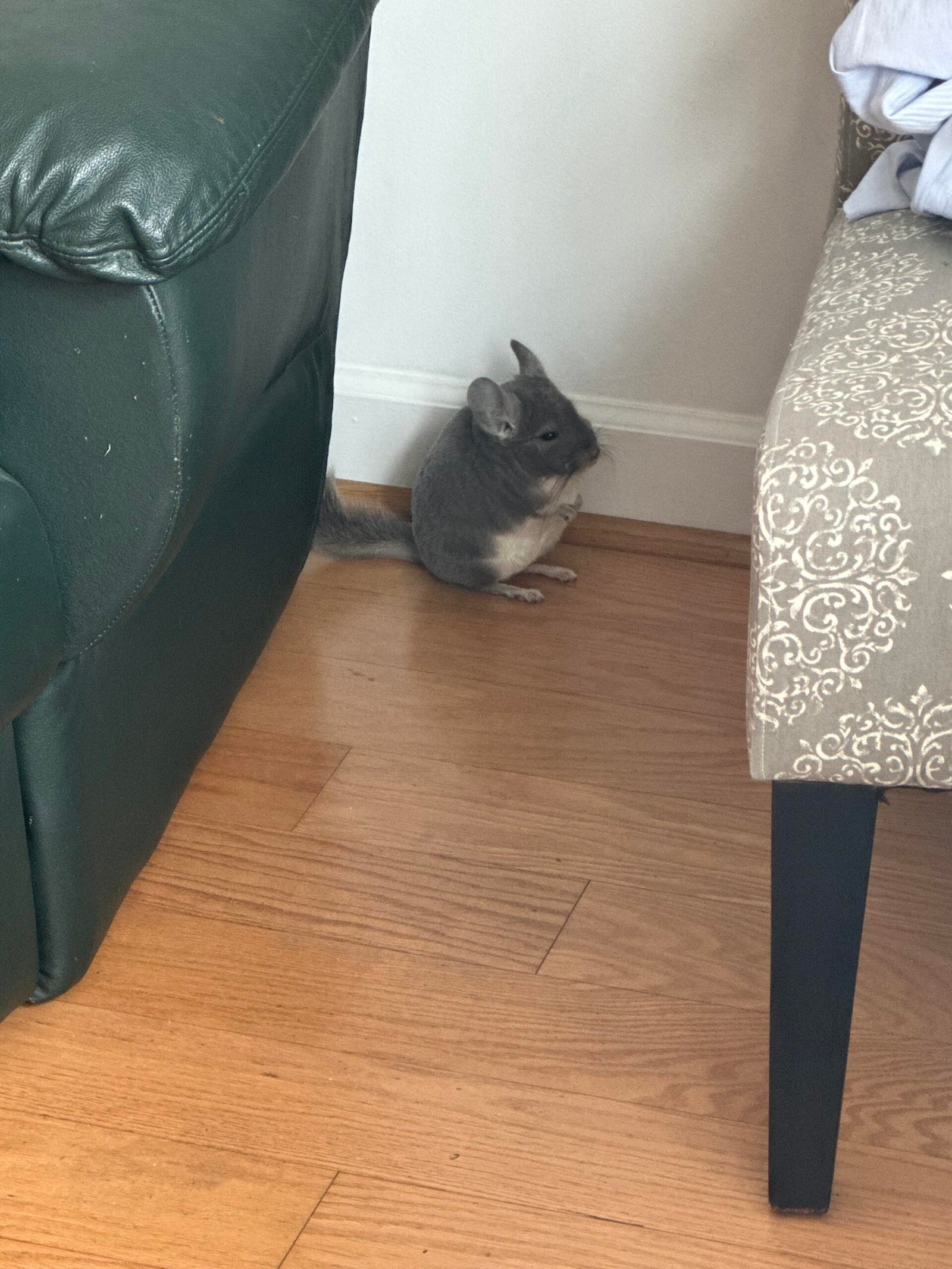
If you want your chinchilla to stay happy and healthy, creating a balanced diet plan is the key. You might wonder what exactly your furry friend needs to eat every day or how to avoid common feeding mistakes.
This guide will help you understand the simple steps to build the perfect diet for your chinchilla. By the end, you’ll feel confident about giving your pet the nutrition it deserves. Keep reading, and discover how easy it is to make your chinchilla’s meals both tasty and healthy!
Chinchilla Dietary Needs
Chinchillas have special dietary needs. Their digestive system is sensitive and requires careful feeding. A balanced diet keeps them healthy and active. It helps prevent common illnesses and promotes strong teeth.
Understanding what chinchillas need to eat is important. Their diet mainly consists of fiber. Fiber helps their digestion and stops problems like diarrhea. Fresh water is also essential every day.
High Fiber Requirements
Fiber is the key to a chinchilla’s diet. It supports healthy digestion and gut movement. Hay is the best source of fiber. Offer unlimited amounts of fresh, good-quality hay daily.
Limited Treats And Sugars
Chinchillas cannot digest sugar well. Sugary treats can cause stomach issues. Only give small amounts of safe treats. Avoid fruits and nuts high in sugar or fat.
Proper Hydration
Clean water must be available all the time. Water helps chinchillas process their food. Use a water bottle to keep water fresh and clean. Change water daily to avoid bacteria growth.
Essential Vitamins And Minerals
Chinchillas need vitamins and minerals for health. Pellets made for chinchillas provide balanced nutrients. Feed pellets in small amounts. Avoid mixing with other animal food.
Essential Nutrients For Chinchillas
Chinchillas need specific nutrients to stay healthy and happy. Their diet must include a balance of fiber, vitamins, and minerals. These nutrients help their digestion, teeth, and energy levels. Without the right nutrients, chinchillas can get sick or weak.
Fiber
Fiber is very important for chinchillas. It helps their stomach work well and stops problems like diarrhea. Good fiber comes from hay. Hay should be the main food for every chinchilla. It keeps their teeth worn down and their digestion smooth.
Protein
Chinchillas need protein to build muscles and stay strong. Pellets made for chinchillas usually have the right amount of protein. Too much protein can cause problems, so keep it balanced. Protein from plants is best for them.
Vitamins And Minerals
Vitamins and minerals help chinchillas grow and stay healthy. Vitamin A and D are important for their eyes and bones. Calcium keeps their teeth strong. A small salt lick can provide extra minerals. Avoid giving too many supplements.
Water
Fresh water is a must every day. Chinchillas drink often to stay hydrated. Water helps all their body parts work well. Use a clean bottle or bowl, and change the water daily.
Choosing The Right Hay
Choosing the right hay is key for a healthy chinchilla diet. Hay provides essential fiber. It helps digestion and keeps teeth strong. Not all hays are good for chinchillas. Some types can cause health problems. Picking the best hay means understanding their needs.
Types Of Hay Suitable For Chinchillas
Timothy hay is a top choice. It is high in fiber and low in calcium. Orchard grass hay also works well. It has a mild taste and good texture. Avoid alfalfa hay. It has too much calcium and protein. This can harm chinchillas’ kidneys and bones.
How To Store Hay Properly
Keep hay in a cool, dry place. Moisture can cause mold, which is dangerous. Store hay in a sealed container or bag. Check hay regularly for dust or dirt. Fresh hay has a sweet smell and green color. Old hay loses nutrition and taste.
How Much Hay Should You Give?
Hay should make up most of a chinchilla’s diet. Offer unlimited amounts daily. Chinchillas eat hay all day long. Fresh hay supports healthy digestion and prevents boredom. Remove old or soiled hay promptly. Clean hay helps maintain good health.
Incorporating Pellets Safely
Pellets are a key part of a chinchilla’s diet. They provide essential nutrients in a compact form. Using pellets safely means giving the right amount and choosing the best type. This keeps your chinchilla healthy and happy.
Too many pellets can cause problems like obesity or digestive issues. Too few can lead to nutrient gaps. Learning how to add pellets correctly helps maintain a balanced diet.
Choose High-quality Pellets
Select pellets made specifically for chinchillas. Check the label for ingredients like alfalfa, timothy hay, and added vitamins. Avoid pellets with seeds, nuts, or dried fruit. These can harm your pet’s health.
Start With Small Amounts
Introduce pellets slowly. Begin with a small portion daily. Watch how your chinchilla reacts. Gradually increase the amount over a week or two. This helps prevent stomach upset.
Measure Portions Carefully
Use a small scoop or measuring cup. The typical daily amount is about one tablespoon. Adjust based on your chinchilla’s size and activity. Avoid free feeding, which can lead to overeating.
Combine Pellets With Hay
Hay should be the main food source. Pellets act as a supplement. Always provide unlimited fresh hay alongside pellets. This supports healthy digestion and teeth.
Monitor Your Chinchilla’s Health
Observe weight and behavior. Changes in eating habits or droppings may signal issues. Consult a vet if you notice problems. Regular checks ensure your diet plan works well.
Fresh Foods To Include And Avoid
Fresh foods play a key role in a chinchilla’s diet. They provide vitamins and moisture that dry food lacks. But not all fresh foods are safe for chinchillas. Some can cause health problems or digestive issues. Knowing which foods to include and which to avoid keeps your pet healthy and happy.
Fresh Foods To Include
Offer small amounts of fresh vegetables like carrots and kale. These provide essential nutrients and fiber. Fresh herbs such as parsley and cilantro are also good choices. Fruits should be given very sparingly due to sugar content. A tiny piece of apple or pear works well as a treat.
Fresh Foods To Avoid
Avoid sugary fruits like grapes and bananas. They can upset digestion and cause weight gain. Stay away from iceberg lettuce, as it has little nutritional value and may cause diarrhea. Never feed your chinchilla onions, garlic, or any toxic plants. These can be harmful or even deadly.
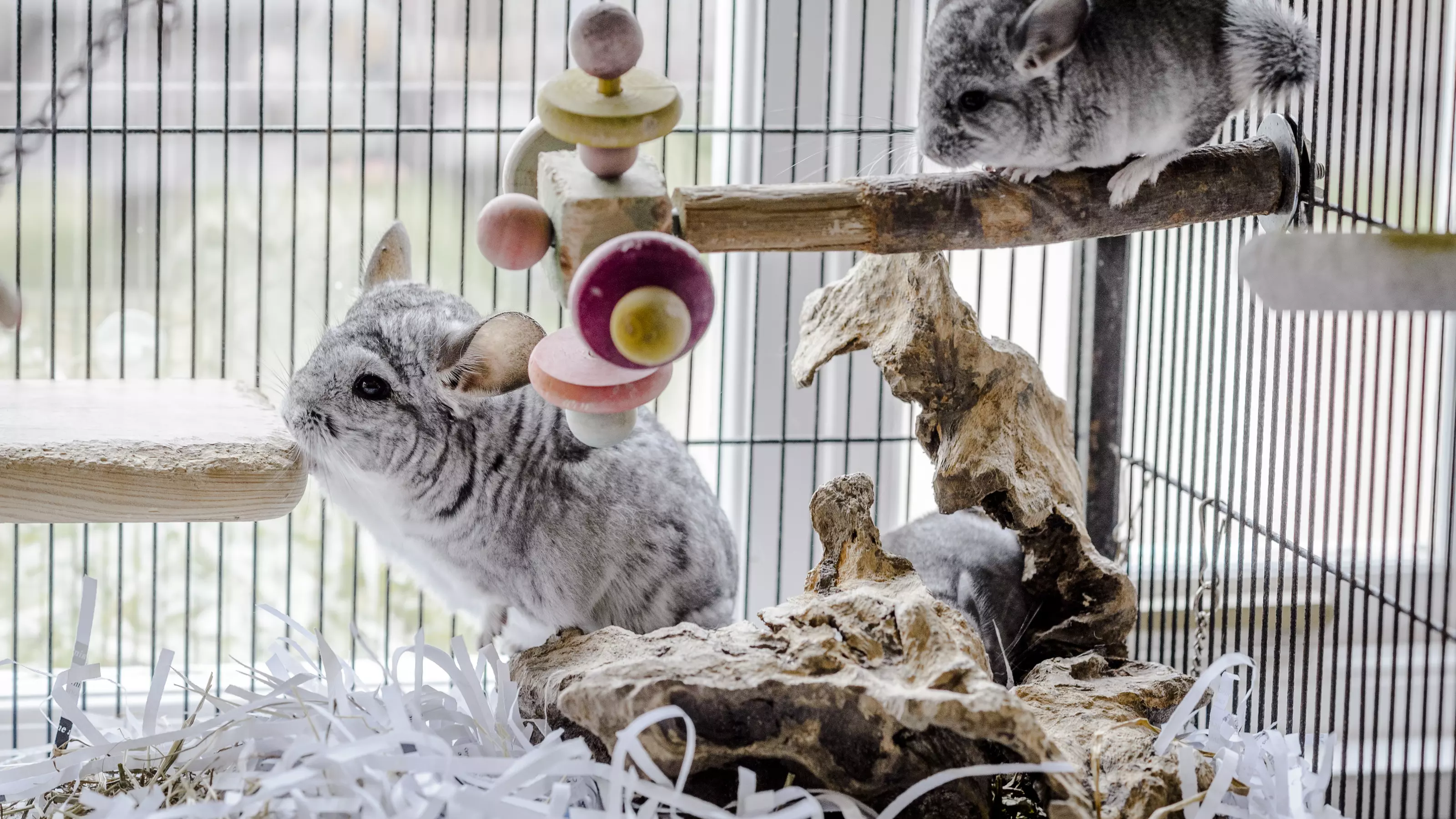
Balancing Fiber Intake
Fiber is essential for chinchillas. It keeps their digestive system healthy and prevents problems. A balanced fiber intake supports good gut bacteria and helps chinchillas absorb nutrients well. Too little fiber can cause serious health issues like bloating or diarrhea. Too much fiber can also be harmful, leading to poor nutrient absorption.
Finding the right balance is key. Chinchillas need fiber mainly from hay and certain plants. Knowing which types and amounts of fiber are best helps create a healthy diet plan.
Understanding Fiber Types For Chinchillas
Chinchillas need two types of fiber: digestible and indigestible. Digestible fiber breaks down in the gut and feeds good bacteria. Indigestible fiber helps move food through the digestive system. Both types work together to keep digestion smooth and efficient.
Choosing The Right Hay For Fiber
Timothy hay is the best fiber source for chinchillas. It has the right balance of digestible and indigestible fiber. Avoid alfalfa hay because it is too rich in calcium and protein. Fresh, clean hay should always be available to your chinchilla.
Monitoring Fiber Intake Amounts
Offer unlimited hay daily. Chinchillas eat about 1/8 cup of hay per 100 grams of body weight. Too little hay leads to digestive problems. Too much treats or pellets can lower fiber intake. Keep treats low and hay high for the best balance.
Hydration Tips For Chinchillas
Hydration is key for chinchillas to stay healthy and active. Proper water intake helps their digestion and keeps their fur soft. Chinchillas need fresh water every day to avoid dehydration. Water also helps regulate their body temperature and supports their organs.
Provide Fresh Water Daily
Change your chinchilla’s water every day. Use clean water and a suitable water bottle. Avoid water bowls as chinchillas may spill or contaminate them. Fresh water encourages drinking and prevents bacteria growth.
Use A Suitable Water Bottle
Choose a water bottle with a metal spout. It lasts longer and stops leaks. Attach the bottle securely to the cage. This keeps water clean and easy to access for your pet.
Keep Water Bottle Clean
Clean the water bottle and spout weekly. Use warm water and mild soap. Rinse well to remove soap. A clean bottle prevents bacteria and mold build-up, keeping your chinchilla safe.
Monitor Water Intake
Watch how much water your chinchilla drinks daily. Changes may signal health issues. If your chinchilla drinks too little or too much, consult a vet. Proper hydration is vital for their well-being.
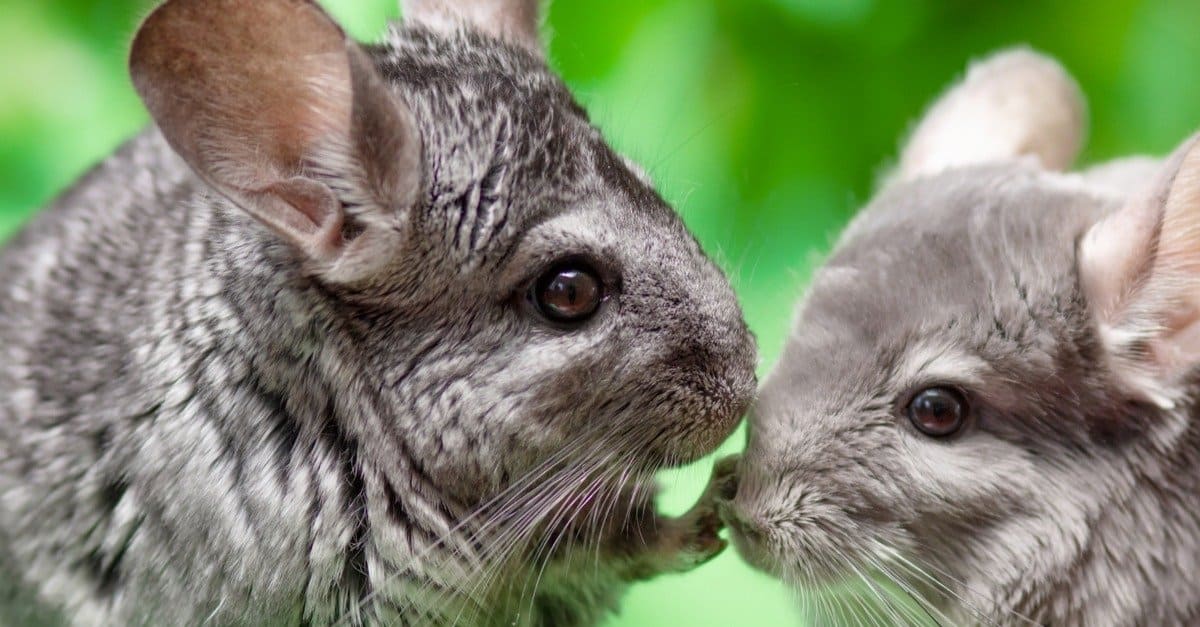
Common Dietary Mistakes
Common dietary mistakes can harm chinchillas. Many owners do not know which foods are safe. This causes health problems and stress for these small pets.
Understanding these errors helps create a better diet plan. Avoiding mistakes keeps chinchillas happy and healthy.
Feeding Too Many Treats
Treats are tasty but often high in sugar. Too many treats upset the chinchilla’s digestion. It can cause diarrhea and weight gain. Limit treats to a small amount once or twice a week.
Offering Fresh Fruits And Vegetables
Chinchillas have sensitive stomachs. Fresh fruits and vegetables have too much moisture. This can lead to bloating and diarrhea. It is safer to give dried, low-moisture treats instead.
Ignoring Hay Quality
Hay is the main food for chinchillas. Poor-quality hay lacks nutrition and can make chinchillas sick. Always provide fresh, green, and dust-free hay. Replace hay regularly to maintain health.
Providing Too Much Pellets
Pellets are important but should not dominate the diet. Overfeeding pellets can cause obesity and poor digestion. Follow feeding guidelines carefully to balance pellets with hay.
Giving Harmful Foods
Some foods are toxic to chinchillas. Avoid chocolate, nuts, seeds, and dairy products. Even small amounts can cause serious illness. Stick to safe, chinchilla-approved foods only.
Adjusting Diet By Age And Health
Adjusting a chinchilla’s diet based on age and health is important for their well-being. Young chinchillas need more energy and nutrients to grow strong. Older chinchillas require a gentler diet to support their aging bodies. Health issues also affect what foods are safe and helpful.
Careful changes help chinchillas stay healthy at every stage of life. Understanding these needs makes feeding easier and more effective.
Adjusting Diet For Baby And Young Chinchillas
Baby chinchillas need more protein and fiber for growth. Offer high-quality hay and pellets designed for young chinchillas. Avoid sugary treats that can harm their developing digestive systems. Fresh water must always be available.
Diet Changes For Adult Chinchillas
Adult chinchillas require a balanced mix of hay, pellets, and occasional treats. Keep fiber high to help digestion. Limit pellets to avoid obesity. Monitor weight and adjust food amounts as needed.
Feeding Senior Chinchillas
Senior chinchillas often eat less and need softer foods. Provide easy-to-chew hay and pellets. Watch for dental problems and adjust diet accordingly. Supplements may help with joint health and energy.
Diet Considerations For Sick Chinchillas
Sick chinchillas may need special diets or feeding methods. Consult a vet for specific advice. Offer small, frequent meals and keep water accessible. Avoid stress by maintaining a calm feeding routine.

Frequently Asked Questions
What Foods Make A Balanced Diet For Chinchillas?
Chinchillas need hay, pellets, and fresh water daily for a healthy diet.
How Much Hay Should Chinchillas Eat Daily?
Chinchillas should eat unlimited amounts of hay every day for good digestion.
Can Chinchillas Eat Fruits And Vegetables?
Only small amounts of safe fruits and veggies should be given as treats.
Why Are Pellets Important In A Chinchilla Diet?
Pellets provide essential vitamins and minerals that hay alone cannot supply.
How Often Should I Change My Chinchilla’s Diet Plan?
Review the diet every few months to ensure it meets your chinchilla’s needs.
What Foods Are Harmful To Chinchillas?
Avoid sugary, fatty, or high-moisture foods like nuts, seeds, and fresh greens.
How Much Water Do Chinchillas Need Daily?
Fresh, clean water should be available at all times for hydration.
Can Treats Affect A Chinchilla’s Balanced Diet?
Too many treats can cause health problems; keep treats small and rare.
Conclusion
Creating a balanced diet plan keeps chinchillas healthy and happy. Fresh hay and clean water are essential daily. Add small amounts of pellets and fresh veggies carefully. Avoid sugary or fatty treats to prevent health issues. Watch your pet’s weight and energy levels often.
Adjust the diet as needed for best results. A good diet supports a long, active life. Simple steps make feeding chinchillas easy and safe. Healthy food means a happy chinchilla.
